No Time to Waste: Financing Biodigesters to Save Time for Rural Women
From climate change to rural electrification, clean energy technologies are increasingly at the forefront of efforts to solve some of the world's most pressing challenges. But one often overlooked benefit of clean energy is its impact on the lives and livelihoods of rural women. Women living in rural areas disproportionately bear the burden of continued reliance on traditional forms of energy, owing largely to social norms that leave them responsible for collecting fuel sources like firewood and cooking for their families. And in addition to exposing them to indoor air pollution, these social norms also place demands on women's time — making it more difficult to earn an income.

According to the World Bank and the International Energy Agency, 2.8 billion people — or 66% of the world’s population — still burn solid fuels such as wood and animal dung for cooking and heating. This primarily impacts women, who spend 18 hours a week, on average, gathering wood for cooking and heating purposes. Even in households that use liquified petroleum gas (LPG), women spend considerable time procuring it from remote areas.
Transforming waste into economic opportunity
Sistema.bio is an international biogas company that designs, manufactures and installs biodigesters and biogas appliances for smallholder farmers around the world. By turning organic waste into energy, biodigester technology solves many problems for farming families: not only are they a sustainable waste management solution, but they also produce organic fertilizer for their farms and clean energy for their households, most of which still rely on firewood and charcoal for cooking.
But as CGAP has noted in its work on asset finance, cost remains a major barrier to expanding ownership of energy assets. Over 80% of Sistema.bio users live below the international poverty line (with less than US$3.20 per person per day). To get their technology into the hands of low-income customers, Sistema.bio extends small loans and flexible payment plans of up to 24 months. Approaches to financing vary depending on the country context.
For families living in poverty, this means spending on average 8% of their monthly income for the smallest unit. And for households that cannot afford to finance the full cost of a biodigester (US$1,250 on average), Sistema.bio often leverages external funds that can reduce the upfront cost. These include carbon financing, government funding for agricultural productivity and funds aimed at energy access and poverty reduction.
According to Sistema.bio, the average return on investment for farmers purchasing biodigesters can reach as high as 270% to 300% over five years.
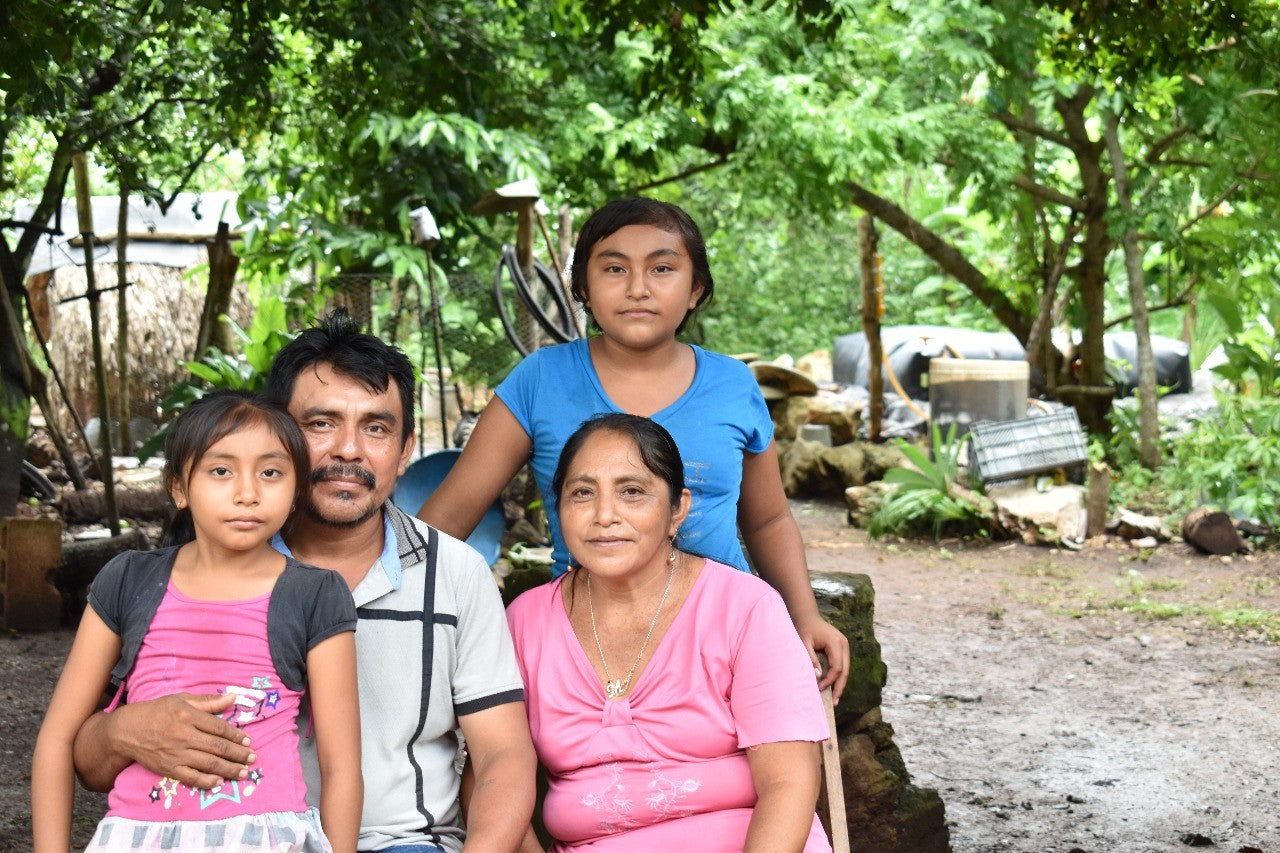
For Maria Eufemia, a biodigester user in Yucatán, Mexico, cooking with firewood meant going up a nearby hill with her daughter to chop, collect and carry the wood back home, which usually took around four hours, depending on how far they had to go. She then had to start the fuelwood stove, cook for her family and clean the kitchen — and then repeat the process for each meal. Since getting a biodigester, the time allocated for cooking has reduced significantly.
“Now it is much easier for me because when I get up in the morning I simply light a match to start the fire,” says Maria.
For example, Maria Eufemia now uses her extra time to tend to her farm and help her husband deliver piglets.
“He’s the midwife, and I’m his nurse now,” she jokes.
Reaching women with clean energy requires a gender-intentional approach
Importantly, stories like Maria’s would not be possible without tailoring sales approaches to reflect rural women’s preferences and the social norms they face. This is why Sistema.bio involves both men and women in the household in the decision-making process around biodigester purchases, even when the man makes the final purchasing decision. The company also prioritizes gender-balance on sales teams, recognizing that women agents are often more effective when dealing with female customers.
Female sales agents, especially those with a rural and farming background, have greater rapport and engagement with women customers. This is because their knowledge and experience make them better suited to understand and address the unique needs and challenges of female customers. They are also able to empathize with their women's situations and motivations, which helps them to identify the best financing option for each customer.
In fact, the benefits of women-to-women sales interaction go both ways. “Female farmers are more understanding of the aspect of cooking because they are the ones in charge of it,” mentions Sophia, a Sistema.bio sales agent in Kenya.
In her experience, the best strategy for effectively communicating with farming families is to speak directly with the women on the farm about their challenges. This enables to women to, in turn, speak to the men in the household and help them appreciate the benefits of investing in biodigesters.
Addressing social norms, one biodigester at a time
With less time spent on unpaid household labor and new income-generating opportunities, women can begin to take on leadership roles and drive a change in traditional social norms.
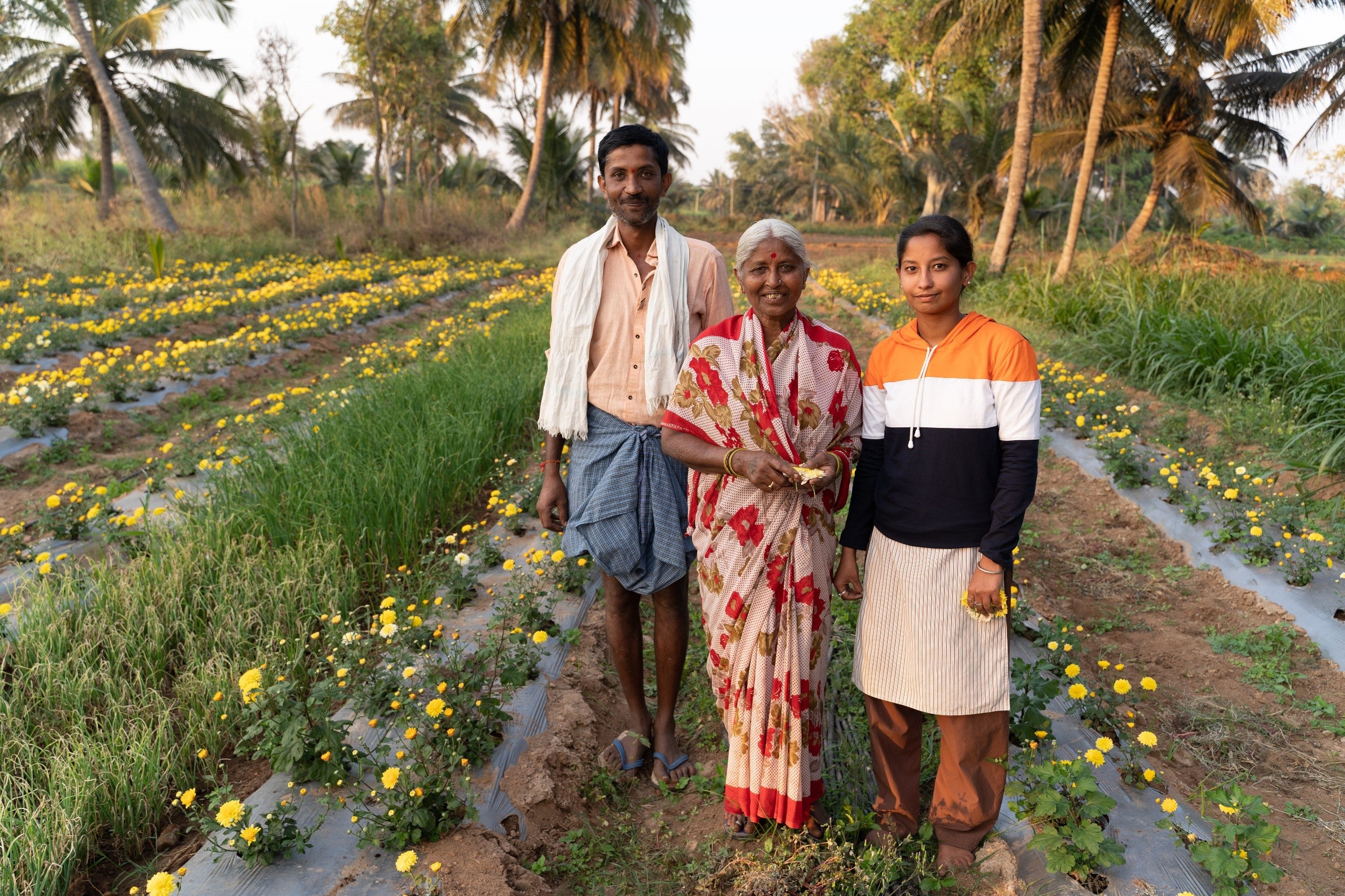
This has been the case for Parvathamma, a biodigester user in Karnataka, India. To avoid spending US$25 per month on LPG cylinders to meet the energy needs of her family of five, Parvathamma purchased a Sistema.bio biodigester. In addition to saving considerable time and money procuring fuel for cooking and heating, she has also been able to use the biofertilizer produced by the digester to grow organic vegetables and whole grains like ragi and millet on her farm. Organic products have become more popular in India in recent years, allowing Parvathamma to fetch a higher price for her produce. And with word spreading about Parvathamma’s success in organic farming, her neighbors began to reach out to her for tips. Some were inspired to adopt biogas technology on their own farms.
Two years after purchasing her biodigester, Parvathamma is now the head of a local association of organic farmers in her district. She teaches farmers how to use sustainable practices in agriculture and helps them to make full use of biofertilizer on their farms.
In a report by IRENA on gender perspective in renewable energy, they noted that as women become engaged in promoting new energy solutions, they begin to take on more leadership in their communities and facilitate a gradual paradigm shift in the social and cultural norms that traditionally constrain their agency. But too often these important assets are unaffordable and out of reach for low-income, rural women.
- helping them to transform gender roles, save time and grow their incomes.
Purnima Jha is a communications associate at Sistema.bio. Elena Coll is editor and copywriter at Sistema.bio. To learn about more ways financial services can improve the livelihoods of rural women, see CGAP's new report, "Financial Solutions for Women in Rural and Agricultural Livelihoods."

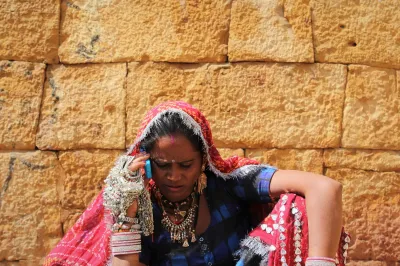
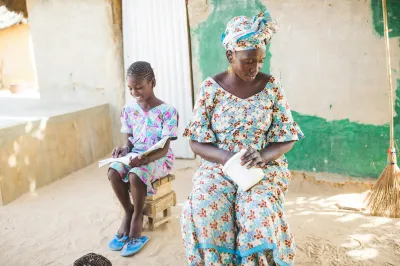
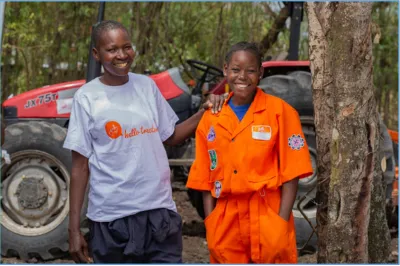
Add new comment